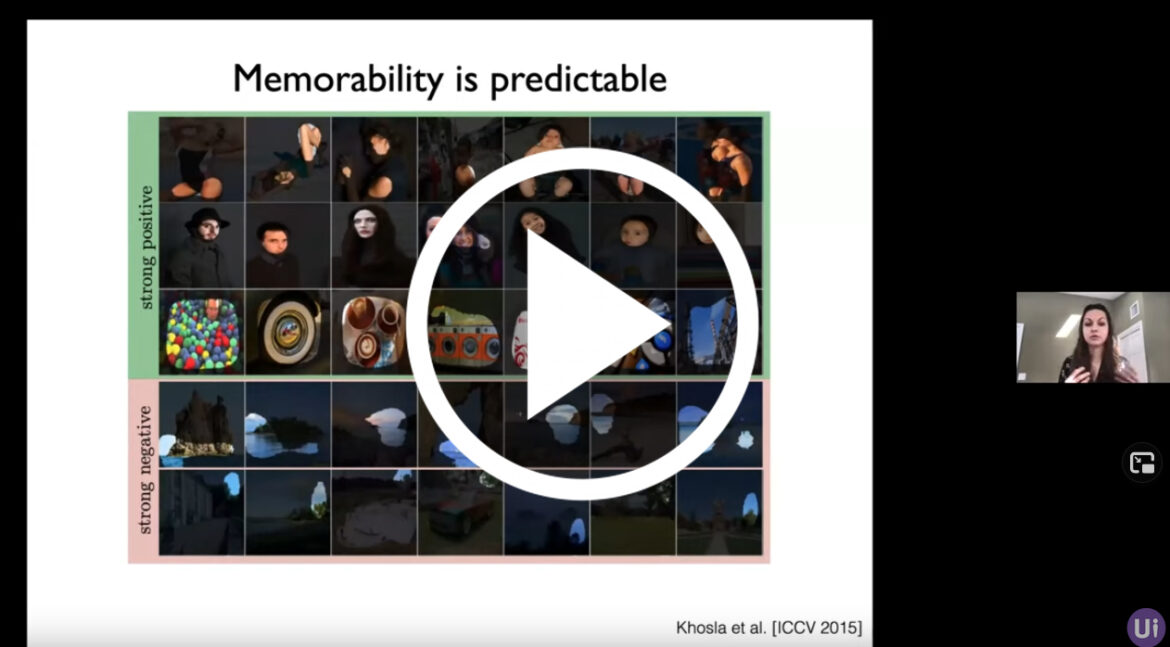About
Human memory drives the encoding, storing, and retrieval of our experiences. Artificial intelligence may help us in understanding challenges in memory research and could improve but potentially also hinder memory encoding and retrieval. Experts from Psychology, HCI, and Computer Science will discuss challenges and opportunities on the intersection of AI and Human Memory from a human-centered perspective in this workshop.
Video presentation

Organizers
Albrecht Schmidt, Antti Oulasvirta, Robin Welsch, Kashyap Todi
Programme
| 14:00‑14:10 | Welcome and setting the stage by Albrecht Schmidt Intro to HumaneAI Net and today’s event |
| 14:10‑14:45 | Guest talk by Zoya Bylinskii
Research Scientist at Adobe Research |
| 14:45‑14:55 | Talk by James Crowley
The Role of Emotion in Concept Formation and Recall when Solving Problems |
| 14:55‑15:05 | Talk by Robin Welsch
Understanding autobiographical memory in Virtual Reality |
| 15:05‑15:15 | Talk by Catharine Oertel
Memory Aware Conversational AI to Aid Virtual Team-Meetings |
| 15:15‑15:25 | Talk by Aurelien Nioche
Improving Artificial Teachers by Considering How People Learn and Forget |
| 15:25‑15:55 | Panel discussion |
| 15:55‑16:00 | Closing |
Meet the Speakers and Moderators








Network
The Humane AI Net project funded by the European Union Horizon 2020 program aims to bring together the European AI community to develop the scientific foundations and technological breakthroughs needed to shape the AI revolution in a direction that is beneficial to humans both individually and societally, and that adheres to European ethical values and social, cultural, legal, and political norms. Key specific questions that the project addresses are:
- AI systems that „understand” humans,
- AI systems that can interact in complex social settings
- AI systems that enhance human capabilities
- AI systems that empower both individuals and society as a whole carefully balancing individual benefits and social impact of their functionality
- AI systems that respect human autonomy and self-determination
- Ethics and Legal Protection “by design” in complex dynamic AI systems



